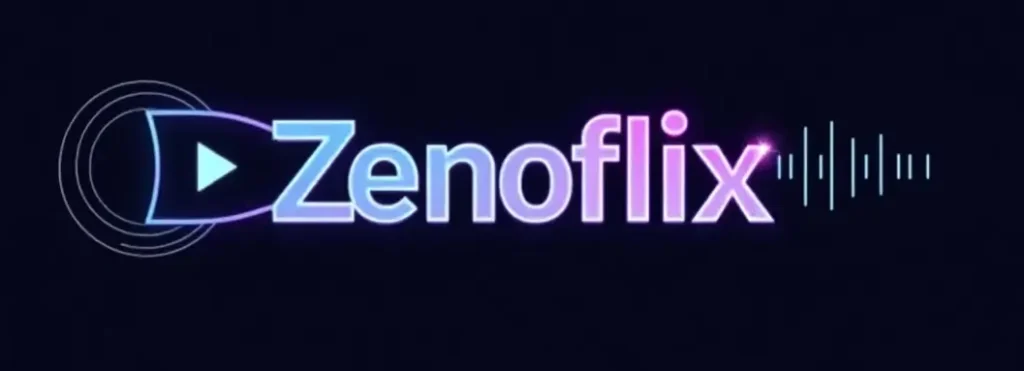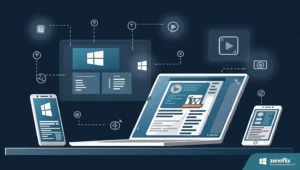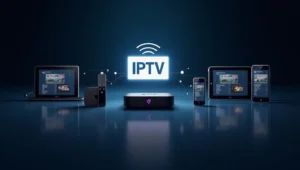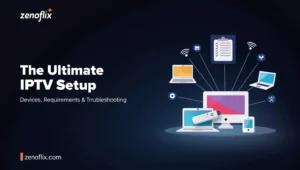In today’s digital streaming era, Internet Protocol Television (IPTV) has emerged as a popular alternative to traditional cable and satellite services. As IPTV continues to gain traction among consumers seeking flexible viewing options, questions about its legality, safety, and best practices have become increasingly common. This comprehensive guide addresses the most pressing concerns about IPTV’s legal status, particularly in the United States, and provides clarity on related topics such as VPN usage and potential risks.
What Exactly Is IPTV?
IPTV (Internet Protocol Television) delivers television content through internet protocols rather than traditional terrestrial broadcast, satellite signal, or cable television formats. This technology allows viewers to stream media content directly through their internet connection to various devices, including smart TVs, computers, tablets, smartphones, and streaming devices like Firestick.
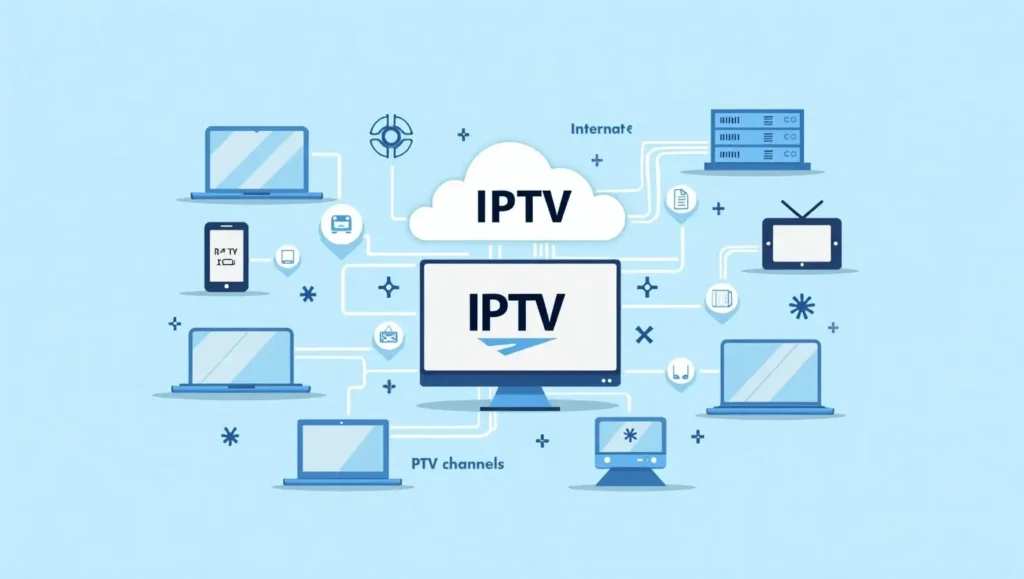
Is IPTV Legal in the United States?
The question “is IPTV legal in the USA” requires a nuanced answer. IPTV technology itself is completely legal—many legitimate services like Netflix, Hulu, and network-specific applications use IPTV technology to deliver content to subscribers. However, the legality hinges on the specific service provider and the content being accessed.
Legal IPTV Services
Legal IPTV services operate with proper licensing agreements with content owners or distributors. These include:
- Subscription-based streaming platforms that have negotiated rights to broadcast content
- Network-specific applications offering their programming via internet streaming
- Services that have paid for proper licensing and distribution rights
When using these authorized IPTV services, you are operating entirely within legal parameters in the United States and elsewhere.
When IPTV May Be Illegal
IPTV becomes problematic from a legal standpoint when it:
- Provides unauthorized access to copyrighted content without proper licensing
- Redistributes premium channels or pay-per-view events without permission
- Offers content at suspiciously low prices compared to legitimate services
- Advertises “unlimited” access to channels that typically require separate subscriptions
In these cases, the service may be violating copyright laws, which are enforced under the Digital Millennium Copyright Act (DMCA) in the US.
IPTV Legality for Firestick and Other Streaming Devices
Many users specifically wonder “is IPTV legal for Firestick.” The Amazon Firestick itself is a legitimate device, and using it to access properly licensed IPTV services is completely legal. However, some third-party IPTV applications available for installation on Firestick may provide unauthorized content.
The device itself doesn’t determine legality—rather, it’s the specific service or application being used and whether it has proper licensing for the content it provides.
Are IPTV Subscriptions and Boxes Legal?
The hardware components of IPTV—such as IPTV boxes, Firesticks, or other streaming devices—are legal products. Similarly, the concept of an IPTV subscription isn’t inherently illegal. The determining factor is whether the service provider has obtained proper licensing for the content they distribute.
When considering a subscription, research the provider thoroughly. Legitimate services will typically:
- Have a professional website with clear terms of service
- Provide transparent pricing structures
- List their content licensing partners
- Offer customer support and refund policies
Safety Concerns: Is IPTV Safe to Use?
Beyond legality, many users ask, “is IPTV safe to use?” Safety concerns fall into several categories:
Technical Safety
Legitimate IPTV services implement security measures to protect your data and devices. However, unauthorized services may:
- Contain malware or adware
- Collect personal data without consent
- Lack proper encryption for payment processing
- Have security vulnerabilities that could expose your network

Legal Safety
Using unauthorized IPTV services could potentially expose users to:
- Copyright infringement notices from your internet service provider
- Possible legal action from content owners (though this typically targets providers rather than individual users)
- Account termination by your internet service provider for violations of terms of service
VPN Usage with IPTV: Necessary or Optional?
A frequently asked question is “do I need a VPN for IPTV?” The answer depends on several factors:
When a VPN Might Be Beneficial
- If you’re traveling and want to access geo-restricted content from your home country
- To protect your privacy from potential data collection by third parties
- To prevent bandwidth throttling sometimes imposed by ISPs on streaming services
- To add an extra layer of security when using public Wi-Fi networks
VPN Considerations
Using a VPN to deliberately circumvent copyright protection or access illegally distributed content doesn’t make the activity legal. A VPN masks your activity but doesn’t change the underlying legality of the services being accessed.
Can IPTV Be Traced?
The question “can IPTV be traced” reflects concerns about privacy and potential legal implications. While a VPN can provide some anonymity, complete untraceability is never guaranteed:

- IPTV providers may still have records of subscribers and payment information
- Sophisticated tracking technologies can sometimes identify VPN usage
- Law enforcement agencies with proper authorization can request records from ISPs, VPN providers, and payment processors
Evaluating IPTV Services: Legitimacy and Credibility
When assessing whether an IPTV service is legitimate, consider these factors:
Signs of Legitimate IPTV Services
- Transparent business operations with verifiable contact information
- Clear explanation of content licensing and partnerships
- Reasonable pricing that reflects the cost of content licensing
- Professional customer service and support channels
- Publicly accessible terms of service and privacy policies
Red Flags for Questionable Services
- Promises of “unlimited” premium channels at extremely low prices
- Lack of clear information about the company behind the service
- No explanations about how they license their content
- Poor customer service or difficulty contacting support
- Requirement of unusual payment methods only
Frequently Asked Questions About IPTV Legality
Is using IPTV considered piracy?
Using IPTV is not inherently piracy. If the service has properly licensed the content it offers, then using that service is completely legal. Piracy only occurs when copyrighted content is accessed without authorization from the rights holders.
Can I get in trouble for using unauthorized IPTV services?
While enforcement typically focuses on providers rather than individual users, subscribers to unauthorized services could potentially face consequences including warning letters from ISPs, account termination, or in rare cases, legal action.
Are free IPTV services legal?
Free IPTV services that offer content legally (such as ad-supported channels or promotional content) are legitimate. However, services offering premium content for free are likely unauthorized and potentially illegal.
How can I tell if an IPTV service is legal?
Research the company, check if they have licensing agreements with content providers, verify their business registration, and assess whether their pricing aligns with the market value of the content they offer.
What’s the difference between IPTV and regular streaming services?
While both deliver content via internet protocols, mainstream streaming services like Netflix or Hulu have clear licensing agreements, whereas some IPTV services may operate in regulatory gray areas or without proper authorization.
Conclusion
IPTV technology itself is legal and represents the future of content delivery. When accessing content through properly licensed services, users can enjoy IPTV without legal concerns. The key is ensuring that your chosen IPTV provider operates legitimately with proper content licensing agreements.
For peace of mind, we recommend thoroughly researching any IPTV service before subscribing, understanding the terms of service, and choosing providers that demonstrate clear commitment to legal and ethical content distribution practices. By making informed choices, viewers can enjoy the convenience and flexibility of IPTV while respecting intellectual property rights and staying within legal boundaries.
